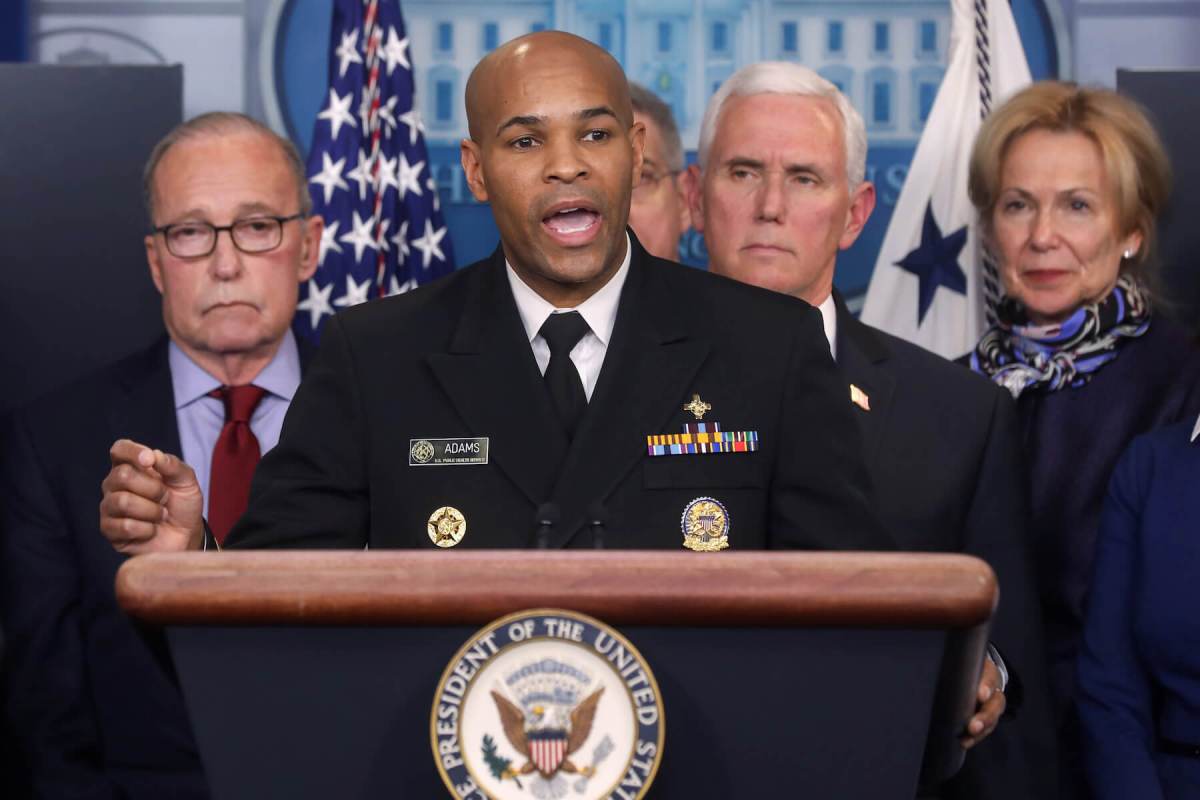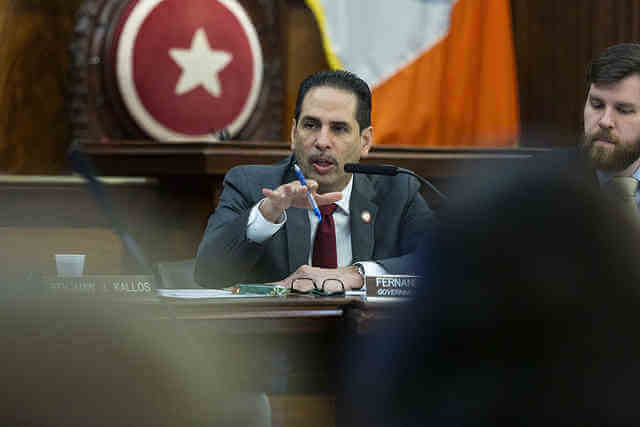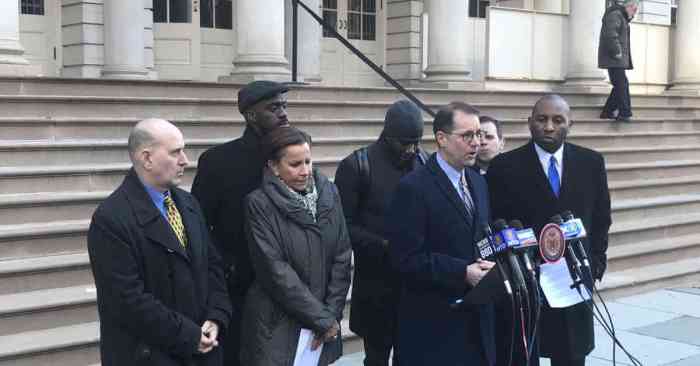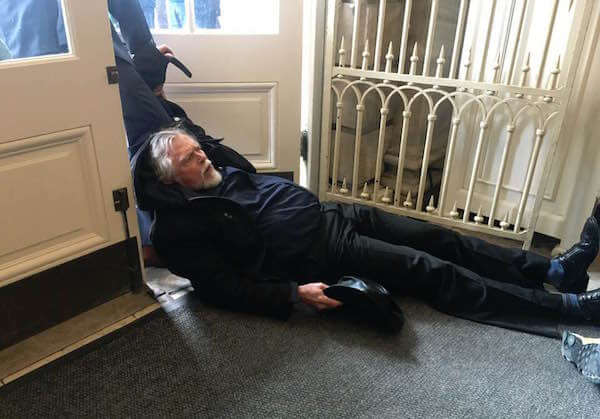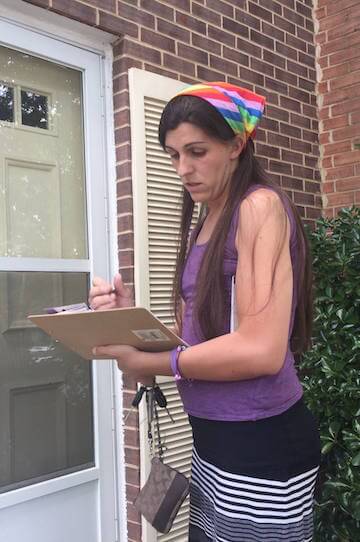New York City Mayor Bill de Blasio pleaded for help from the federal government and from private citizens to fight the coronavirus outbreak as the US Federal Reserve launched an extraordinary array of initiatives to mitigate the pandemic’s economic impact.
De Blasio sounded the alarm as US Senate Democrats and Republicans tried to hammer out an economic relief bill, aware that failure could have a devastating effect on states, cities, and businesses, and could trigger further heavy losses in the financial markets.
“I want to appeal to everyone in the House and Senate, you have got to help cities, towns, countries, states, public hospitals, private hospitals. You’ve got to get all of them direct relief,” de Blasio told CNN on Monday.
The mayor of the nation’s city broadened his appeal for ventilators and medical equipment to private citizens.
“Anyone out there who can help us get these supplies, we have only days to get them in place. That is the reality,” he said.
About 1,800 patients were hospitalized with COVID-19 in New York City, with about 450 of those in intensive care units, Mark Levine, the chair of the City Council’s Health Committee, said on Monday.
The number of cases nationwide topped 40,000 as of Monday morning, 481 of whom have died.
New programs launched by the nation’s central bank on Monday backstopped an unprecedented range of credit for households, small businesses, and major employers.
“The Fed is proving that it can and will do anything in its power to support the economy,” said Steve Chiavarone, portfolio manager and equity strategist at Federated Hermes.
US stock futures rose more than three percent after the Fed’s moves but the market still slipped on opening, with the Dow Jones and S&P 500 down more than two percent.
U.S. Treasury Secretary Steve Mnuchin called on the Senate to quickly pass its bill but in the meantime urged businesses, especially the small businesses most immediately affected by the crisis, to try to hold on.
“We are encouraging small businesses: Make sure you hire people back. If you haven’t let people go, don’t let people go,” Mnuchin told Fox Business Network.
General Electric Co’s aviation unit plans to cut its total US workforce by about 10 percent, chief executive officer Larry Culp said on Monday, as airlines delay purchases because of the pandemic.
And as the Senate failed a second time to come to agreement on a stimulus package, the market closed down on Monday, with the Dow losing nearly 600 points.
Democrats have argued that the measure before them favors corporate interests at the expense of healthcare workers, hospitals, and state and local governments. Republicans, in turn, accused them of obstructing a badly needed stimulus in the midst of a national emergency.
In an editorial, The New York Times concluded, “Mr. McConnell emerged on Sunday evening with a bill that would provide a lot of help for corporate executives and shareholders, and not nearly enough for American workers. It would let the Treasury Department hand out hundreds of billions of dollars to corporations — potentially including businesses owned by President Trump — without requiring a binding commitment to preserve jobs and wages. And the bailouts could remain secret for six months.”
As of Sunday night, states with a population totaling more than 100 million people had imposed restrictions to curtail the virus, putting the country on a track similar to those of the most devastated European countries such as Italy and Spain.
US Surgeon General Jerome Adams pleaded with Americans to heed official warnings to stay at home.
“This week it’s going to get bad,” Adams told NBC’s “Today” show, saying there were more people out to see Washington’s famed annual cherry blossoms than there were blossoms. “This is how the spread is occurring. Everyone needs to be taking the right steps right now: stay home.”
Independent experts have suggested far more than 15 days will be needed to halt the spread. President Donald Trump issued guidelines a week ago he said aimed to slow the spread of the disease over 15 days.
A lack of coordinated federal action was causing chaos for states and municipalities, and even putting them in competition with each other for resources, the governors of New York, New Jersey, and Illinois said.
The states “are all out looking for the same thing,” New Jersey Democratic Governor Phil Murphy told CNN on Monday.
Leaving states to fend for themselves has put them in bidding wars with the Federal Emergency Management Agency, other states, and even against other countries, Illinois Democratic Governor J.B. Pritzker said.
“We’re competing against each other on what should be a national crisis where we should be coming together and the federal government should be leading, helping us,” Pritzker told the “Today” program.
“The federal government needs to say to all the companies in the United States that produce these goods that they are going to buy them all together and distribute them across the states.”
New York Governor Andrew Cuomo called on Washington to put in place the federal defense production act to eliminate this “adhoc” system.
Trump on Sunday defended his decision to hold off using this power, on the grounds that nationalizing businesses “is not a good concept.”

